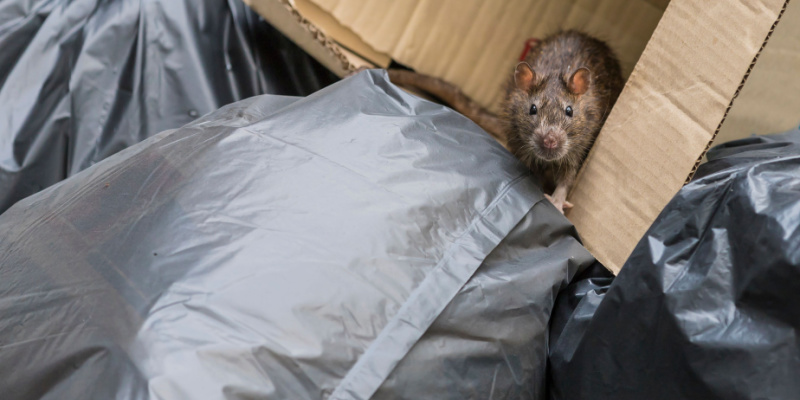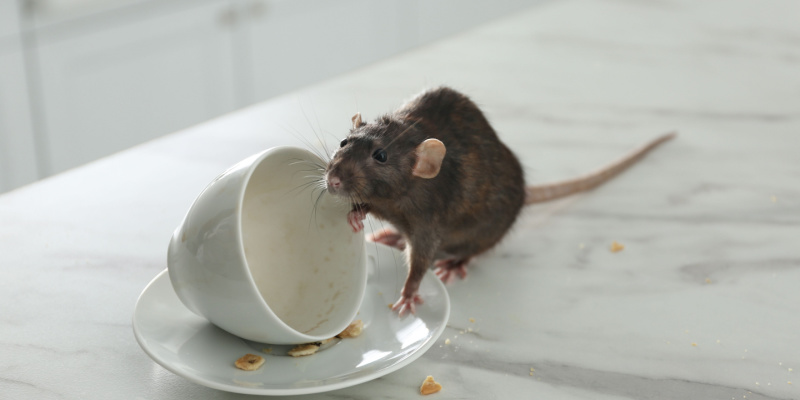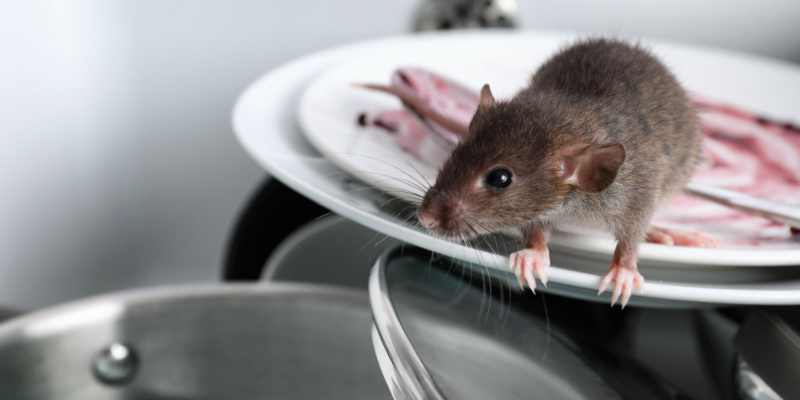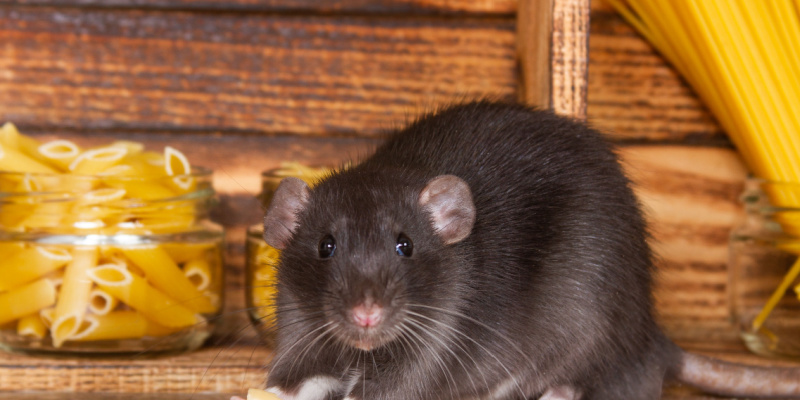Indianapolis is a thriving city, rich in culture and history. But beneath its shiny façade lies a darker truth – the city is infested with rats. The rat problem in Indianapolis is serious and growing, affecting many of the city’s business districts as well as residential areas. Residents have noticed an increase in rats over the past several years, and Orkin’s entomologists have now ranked it at number 14 in the United States for the number of new rodent treatments performed in 2021. Indianapolis moved up one spot from the previous year, meaning that the number of rats is, unfortunately, increasing.
Causes of Rat Infestation
Rat infestations can be a worrying problem in Indianapolis homes and businesses, with the pests causing damage to property and spreading disease. In order to tackle this issue effectively, it is important to identify the underlying causes of rat infestation.
One potential cause of rat infestation is poor sanitation conditions. Rats thrive in areas where there is access to food and water sources. If garbage isn’t disposed of properly or if there are cracks or holes which provide them with access to food inside buildings, then rats will often move in and breed. Poorly maintained sewers can also provide ideal habitats for rats, allowing them to gain easy access to nearby buildings.
In addition, rat infestations can occur due to climate changes such as wet weather or cold winters. These conditions encourage rats to seek refuge indoors rather than remain outside, where they may struggle for food and resources.
Effects on Humans, Animals, and Property
Rats are one of the most prevalent pests around the world, and unfortunately, they can cause significant problems for both humans and animals. Rat infestations can bring about various adverse effects on those living or working in an affected area. These effects range from physical health risks to economic loss due to property damage.
When a rat infestation appears in residential or commercial areas, it can directly affect human health. Rats carry many diseases that are transmissible to people, including salmonella, leptospirosis, and plague. Animals may also be vulnerable when exposed to rats, as some rodent-borne diseases can be transferred through contact with infected rodents or their droppings. Additionally, rat populations often grow out of control when food is readily available, as they reproduce quickly.
In addition to health hazards, the presence of rats also means plenty of harm to property. Rats will chew through wooden planks, insulation, wires, pipes, and anything else that gets in their way as they create nesting spots within the walls of homes and businesses. As they scavenge for food inside buildings, rats may contaminate food sources with their droppings or urine which can lead to significant health risks for those living or working in the same space. Additionally, rat droppings produce an unpleasant odor that lingers in infested locations, making it uncomfortable for anyone entering the area.
DIY Solutions to the Problem
To protect public health and safety, it is essential to address the rat problem before it becomes an even bigger issue. Fortunately, there are a variety of DIY solutions available to help control rat populations. Homeowners can take proactive steps such as sealing up any potential points of entry into their home and removing any standing water or other sources of food from around their property. Additionally, people may be able to provide assistance by setting traps or using chemical deterrents to keep rats away from homes and businesses. In more severe cases, cities may need to resort to targeted extermination measures in order to reduce rat numbers in a given area.
City Response to the Problem
The rat problem in Indianapolis is not a new one, but it has recently taken on a more serious urgency. In the past year alone, reports of rats infesting homes and businesses have skyrocketed across all areas of the city. To combat this issue, the Marion County Public Health Department has organized an extensive task force to implement a number of preventative measures and public education initiatives.
This rat prevention program, free to Marion County residents, includes a comprehensive strategy that involves educating citizens about how to identify potential breeding sites, properly disposing of garbage and other debris, and regularly inspecting for signs of rodent activity within residential and commercial areas. Additionally, the program has provided tools for neighborhood clean-up projects, such as rakes or shovels.
Conclusion: Taking Action
In conclusion, the rat problem in Indianapolis is a serious issue that needs to be addressed immediately. It affects not only the health of citizens but also the overall quality of life in the city. By implementing preventative measures such as enhanced sanitation, community involvement, and proper rodent control techniques, the rat population in Indianapolis can be reduced. If you need a rodent control company that will work with you and the city and county officials to reduce the rat population, Trio Pest Control is a greater choice. With effort, Indianapolis can move far down the “rattiest city” list and, hopefully, someday be removed altogether!



